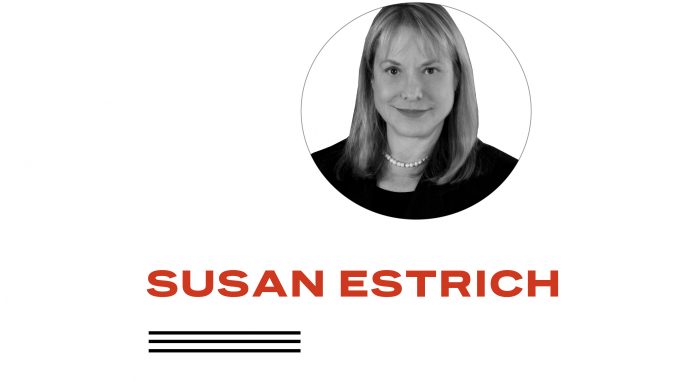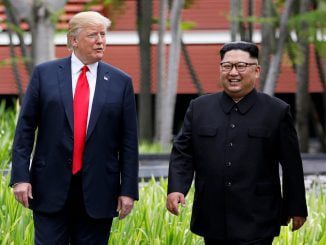
We always used to put a “moving the embassy” plank in the Democratic platform even though we never expected it to happen — or even thought it should before the larger issues about Jerusalem were resolved. I think the first time was in 1980, to try to show up Jimmy Carter, the incumbent president, whom my candidate, Sen. Ted Kennedy, was challenging. It made sense in terms of domestic politics. It made no sense to our foreign policy people.
I can’t say whether, in hindsight, Donald Trump’s big announcement — an announcement is what it is, not a move — will be seen to have helped or hindered the peace process. I don’t know whether putting negotiations in the hands of his son-in-law, who has Trump’s ear, will turn out to be wise or not. I don’t know whether the president cares enough to know enough to be able to do what no president before him has done, but which all of them have believed requires the intensive personal involvement of the president.
I was at the White House the day that President Bill Clinton came back from negotiating with then-Prime Minister Ehud Barak and then-PLO Leader Yasser Arafat at Wye Plantation. I have never seen him so frustrated. This was an issue he cared deeply about, an agreement he so much wished to reach. When I visited him the week before he left office, he was still engaged in talks. If it were easy, he would have done it. They have to want peace, too.
Addressing the Middle East, I have always thought, requires care and attention, not necessarily to “solve” the situation but to at least not make things worse. Israel is a democracy with its own courts and elected officials, some of whom we might not vote for if given the chance. The role of the United States is not to control their politics but to broker a solution that will do everything possible to secure peace for Israel with fair and secure boundaries. This means the two-state solution, everyone has assumed, but fixing boundaries will be almost as difficult as dealing with Jerusalem. Obviously not easy. It certainly was not when Arafat was at the table, even though the president himself was also there, pushing the Israeli leader to meet his demands.
Many things about Trump worry me. His handling of Israel is one of them. I know he says that he loves Israel. He is a zayde, and all that. As someone who also loves Israel, I appreciate what I think is an honest sense of connection. His choice for ambassador, who stunned some of us with frank comments he made before he was appointed, is said to be smart and fair-minded, as good a choice as any, my friends say.
But when he up and announces that he’s going to move the embassy to Jerusalem when in fact he is not going to do that anytime soon — his announcement just convinced everyone that we have already sided with Israel, causing calls for intifada on the West Bank and earning condemnation from the U.N. Security Counsel — you have to ask whether Trump has a secret plan or no plan at all for the Middle East. Because it is hard to imagine any plan for a peaceful resolution of the situation that would begin with an announcement, out of nowhere, sure to inflame the Muslim world — a statement that you were recognizing Jerusalem as the capital of Israel by moving the embassy, without any mention, agreement, joint control or guaranteed access to the holiest sites for both Muslims and Christians. Of course, they know we are on Israel’s side, but it is a question of degree; of whether we are open to solutions that might require significant compromises by Israel as well; a question requiring diplomacy of the most delicate and highest order, of the late Richard Holbrooke at his best. What is Donald Trump doing?


